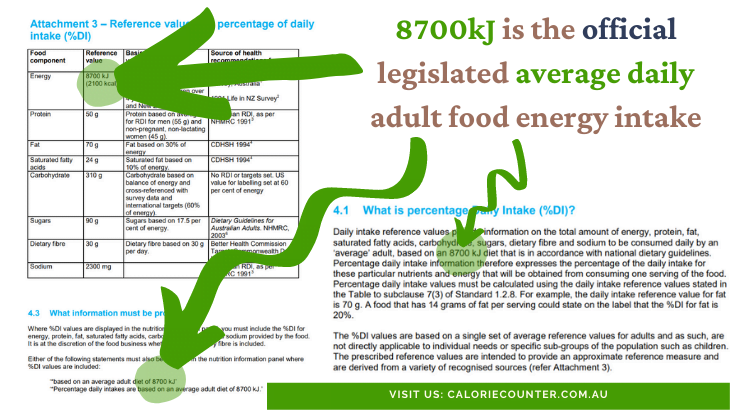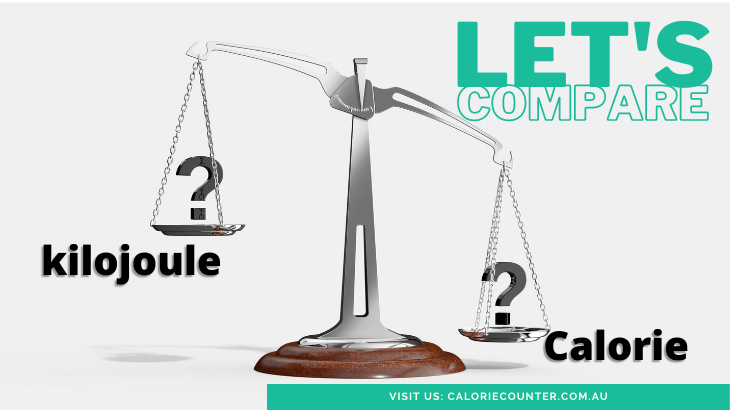8700 kilojoules (kJ) are equal to 2079.3 calories (kcal). The conversion between kilojoules (kJ) and calories (Cal), specifically kilocalories (kcal), can be useful when estimating energy values in the context of nutrition. The accurate conversion factors are as follows:
- 1 kilojoule (kJ) = 0.239 kilocalories (kcal)
- 1 kilocalorie (kcal) = 4.184 kilojoules (kJ)
To convert kilojoules to kilocalories, you can multiply the kilojoule value by 0.239. This conversion factor accounts for the difference in energy measurement between kilojoules and kilocalories. For example, if you have an energy value of 1000 kilojoules (kJ), you can estimate the equivalent in kilocalories (kcal) by multiplying it by 0.239: 1000 kJ * 0.239 = 239 kcal. Conversely, to convert kilocalories to kilojoules, you need to multiply the kilocalorie value by 4.184.

Conversion Factor
This conversion factor ensures an accurate estimation of energy in kilojoules based on the kilocalorie measurement. For instance, if you have an energy value of 500 kilocalories (kcal), you can estimate the equivalent in kilojoules (kJ) by multiplying it by 4.184: 500 kcal * 4.184 = 2092 kJ. It’s important to note that kilocalories (kcal) are commonly referred to as “Calories” in nutritional contexts. Thus, when you see the term “Calories” mentioned in food labels or discussions about energy intake, it usually means kilocalories.
To avoid confusion, it’s helpful to remember that 1 kilocalorie (kcal) is equivalent to 1 Calorie (capital C) and that the symbol “kcal” represents kilocalories. By understanding these conversion factors and accurately estimating energy values in either kilocalories or kilojoules, you can make more informed decisions regarding your nutrition and energy intake.
8700 Kilojoules is the same as 2079.3 Calories
8700kJ (kilojoules) converted to calories is 2079 kcal. Why should 8700 kJ be singled out as possibly the most searched kJ to Cal conversion in Australia? Because, according to government legislation, 8700kJ is the official benchmark of how much food energy the “average” Australian adult eats per day. The assumption is probably that maintaining a healthy weight requires an intake of not more than this level.
Of course, no one is really average, so you should use a calorie tracker to find out how many kJ or kcal you eat per day.
Use the calcount Calorie Converter to find a different conversion, or look up other values below:
- 1 kilojoule (kJ) converted to Calories (kcal)
- 10 kilojoules (kJ) converted to Calories (kcal)
- 100 kilojoules (kJ) converted to Calories (kcal)
- 1000 kilojoules (kJ) converted to Calories (kcal)
- 10000 kilojoules (kJ) converted to Calories (kcal)
- 1001 kilojoules (kJ) converted to Calories (kcal)
- 1002 kilojoules (kJ) converted to Calories (kcal)
- 1003 kilojoules (kJ) converted to Calories (kcal)
- 1004 kilojoules (kJ) converted to Calories (kcal)
- 1005 kilojoules (kJ) converted to Calories (kcal)
Want to learn more about why we use different measures when we talk about food energy? Read our in-depth explanation of the differences between calories and kilojoules here!
The next kilojoule to calorie conversion in this range is: 8699kJ to Cal

